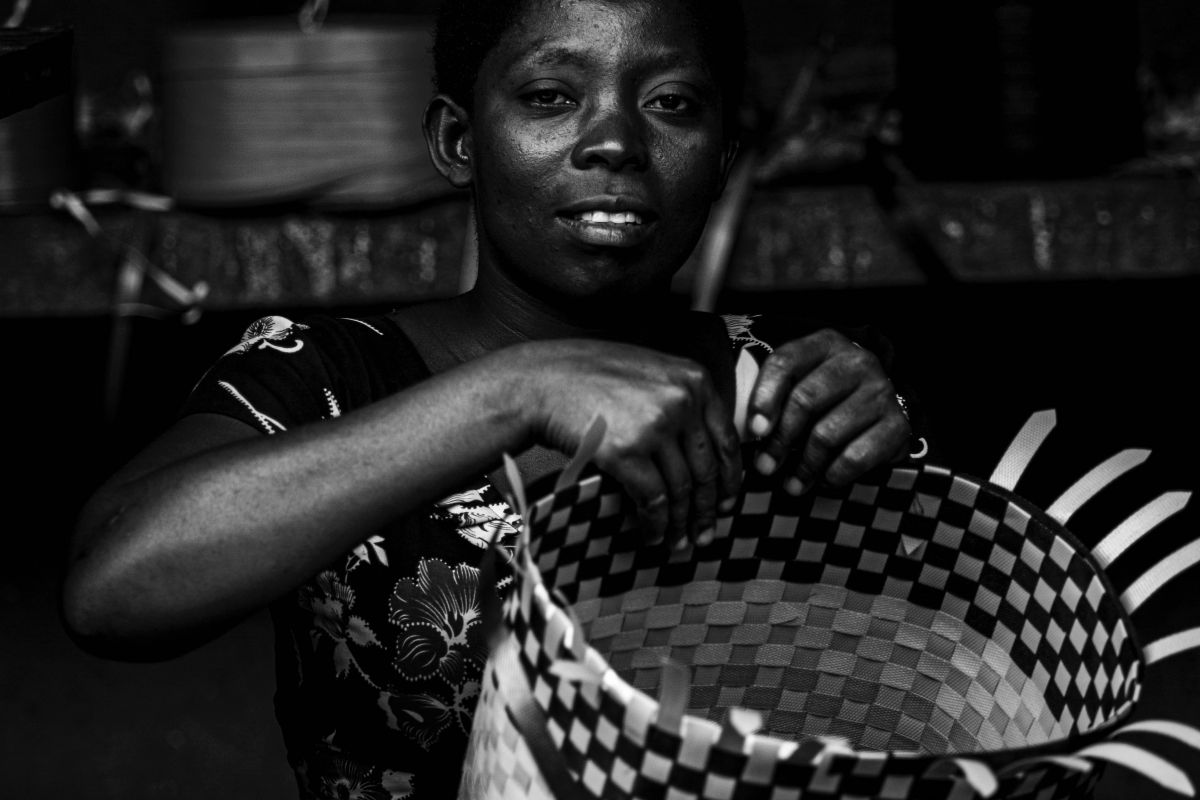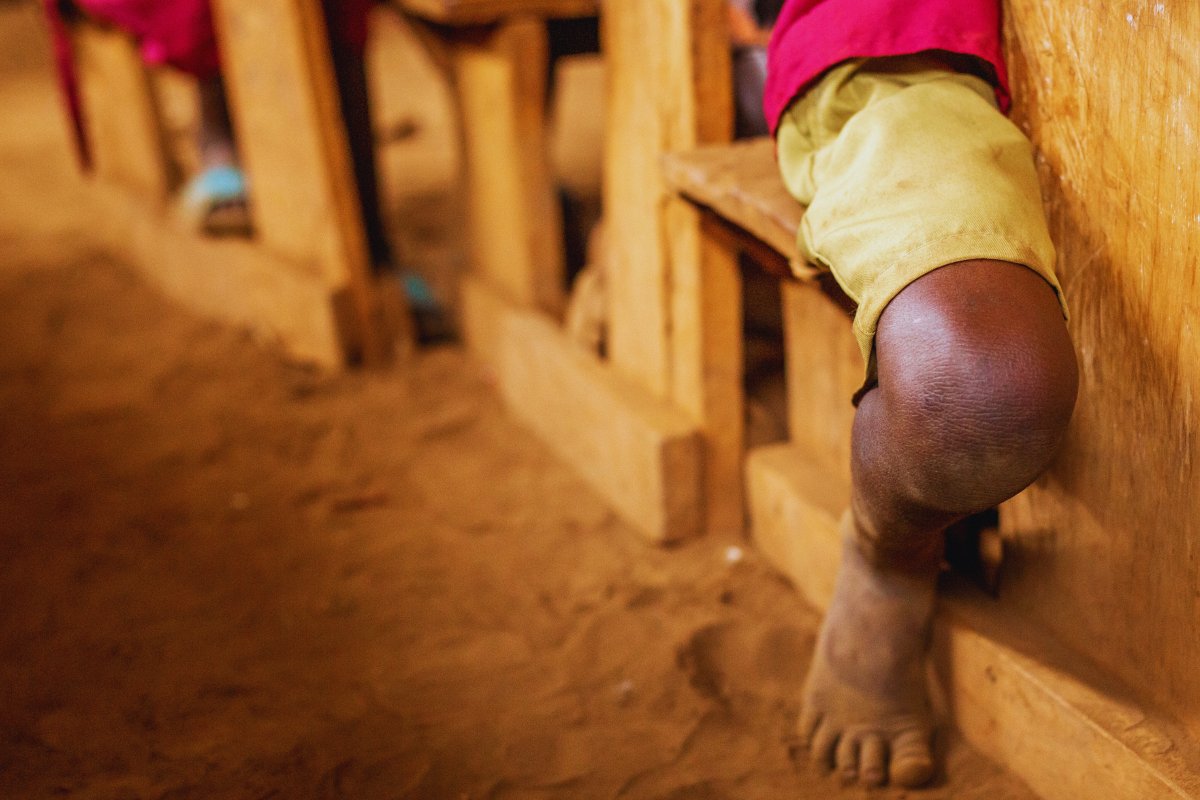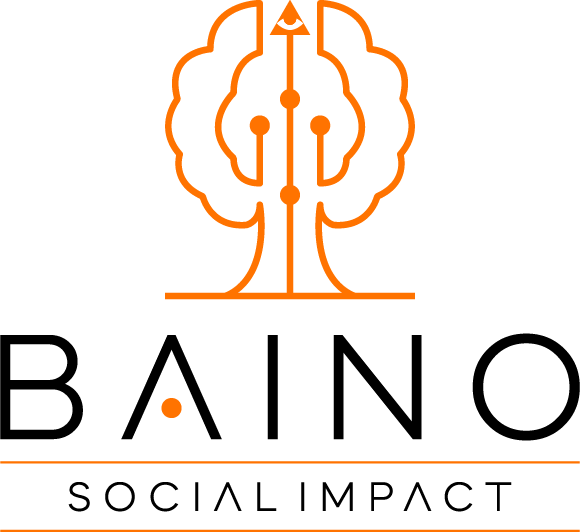
Imagine a future where poverty, illiteracy and poor health are entirely uprooted and consigned to the past.
Imagine how chaotic it can be to start building a beautiful house without a plan or a bridge without a blueprint.
To create a beautiful future of a sustainable society with literate and healthy people, it is necessary first to conceive it, then plan and assemble whatever is required to fulfil that vision.
Busoga needs to understand how it found itself in such unpleasant circumstances and, most importantly, what the ideal future should look like amidst all the efforts to build it.
To create a beautiful future of a sustainable society with literate and healthy people, it is necessary first to conceive it, then plan and assemble whatever is required to fulfil that vision.
Busoga needs to understand how it found itself in such unpleasant circumstances and, most importantly, what the ideal future should look like amidst all the efforts to build it.
Uganda is classified as a Third World, underdeveloped, poor or low-income nation. But in that typology, the Busoga region has been the most impoverished in the country for some years now. In other words, the poorest among the poor.
How do we improve people’s living standards as we progress towards becoming a respectable literate society? How do we compete with the world’s leaders in vital industries, high finance, and information technology.
By any standard, the residents of Busoga live in deplorable circumstances. Illness and disease are common, yet there are no medical resources.
Because of poor prenatal and postnatal nutrition, diseases, and other dire conditions, many children die before adolescence, and many adults die before reaching what would be considered middle age in developed nations.
Illiteracy is high, and many residents need help to write their names.
Who is to blame? Should we blame the poor individuals themselves for their poverty? Should we blame the political setup and poor leadership that has perennially failed to construct reliable structures and systems for development? Or should we blame the rich for exploiting the poor?
Maybe we should blame the colonial powers for exploiting and creating disorders that elevated some tribes over others in their divide-and-conquer policy.
Perhaps we could blame the Arabic Trans-Saharan Slave Trade, which enslaved the people and scattered them for free or cheap labour while also stealing other valuables.
The effects and trauma of that continental slavery were far-reaching. However, that topic is a taboo that no one ever visits.
Whatever factors are responsible for this current state, it is evident that the Busoga region is determined to turn the tide. The region’s vision is to become a respectable literate society.


